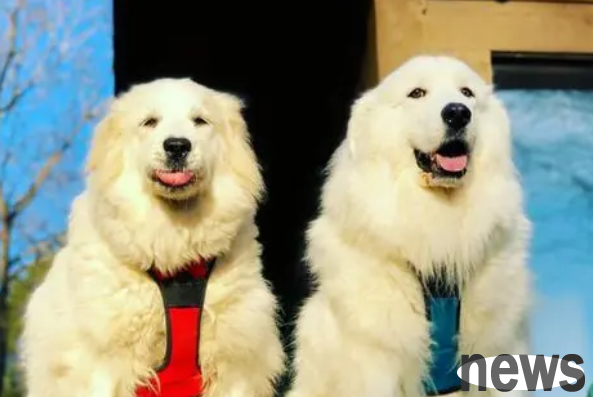"Shijiazhuang City Dog Breeding Management Regulations" will be implemented from June 15
On April 8, reporters learned from a press conference held in Shijiazhuang City that on March 30, the 29th meeting of the Standing Committee of the 13th Hebei Provincial People's Congress approved the "Shijiazhuang City Dog Management Regulations (Revised)". The Shijiazhuang Dog Management Regulations will be implemented on June 15.
It is understood that since its implementation on August 1, 2008, the "Shijiazhuang City Dog Breeding Management Regulations" have provided strong legal support for the creation of a civilized city in Shijiazhuang and the standardization of dog breeding behavior. However, with the development of the economy and society and the deepening of the reform of the administrative management system, especially the formulation and revision of relevant higher-level laws, some contents are no longer compatible with the development of the situation and the actual situation, and are in urgent need of revision and improvement. In order to better implement the spirit of the superior law and further improve the relevant management systems and mechanisms, especially to address dog management in a targeted and effective manner through the rule of law, which is a hot issue of public concern and a difficult issue in urban and rural governance, the Standing Committee of the Shijiazhuang Municipal People's Congress revised the Regulations. The revised Regulations include seven chapters and 51 chapters.

Regarding the dog breeding management system, the "Regulations (Revised)" clarifies that "this city implements a compulsory rabies vaccination system for dog breeding. Dogs that have not been vaccinated or have expired the immunity period shall not be bred" and make specific provisions on vaccination requirements. The revised "Regulations" make more specific and clear provisions on the application and processing procedures for dog breeding licenses in key management areas, replacement of quasi-breeding licenses, changes and cancellations of dog breeding registrations, annual inspection procedures, and application and handling of dog registration procedures in general management areas. At the same time, more specific regulations will be made on matters related to dogs from outside the city entering the city.
Regarding the code of conduct for raising dogs, the "Regulations (Revised)" stipulates that "dog owners are the responsible person for raising dogs and should raise dogs in accordance with the law and in a civilized manner. They must not violate social morality, destroy public environmental sanitation, or damage public interests and the legitimate rights and interests of others. Dog owners are encouraged to purchase insurance for the dogs they raise." At the same time, the regulations that dog owners should abide by are divided into fourteen items, and the places where dogs are prohibited are listed separately and divided into seven items. Add a clause that temporarily prohibits the entry of dogs into designated areas during major festivals, major events or special tasks. In addition, additional provisions are made on how to deal with dogs after they injure people, adding the content that "specific liability shall be handled in accordance with relevant laws and regulations."

Regarding the shelter, adoption and management of dogs, the "Regulations (Amendment)" adds provisions on how to handle sheltered dogs, establish a dog adoption system, and support and encourage legally registered industry associations, animal protection organizations and other social groups as well as volunteers to participate in dog shelter, adoption and other rescue activities in accordance with the law. The regulations on engaging in dog business service activities are detailed and clearly stipulate that "the establishment of dog trading places in general management areas must meet the conditions of meeting health and epidemic prevention standards, not disturbing people, and facilitating transactions. It is prohibited to engage in dog business activities in residential areas. It is prohibited to occupy public places such as roads, bridges, pedestrian bridges, and underground passages to engage in dog business activities."
Source of the article: Yanzhao Metropolis Daily




